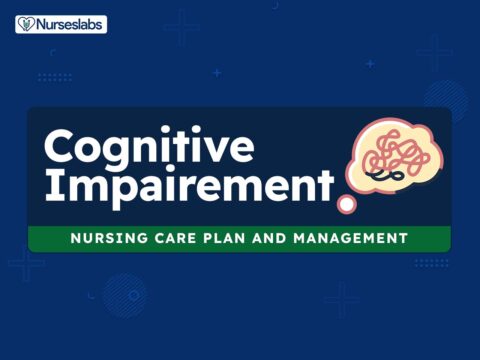
All nursing care plans for Mental Health and Psychiatric Nursing. Topics include: Bipolar Disorders, Schizophrenia, Sexual Assault, Depression, and more.

Effective nursing care planning and management is important for patients with impaired thought process or cognitive impairment as they aim to promote safety, optimize functioning, and enhance quality of life for these individuals. Get to know the nursing assessment, nursing diagnosis, and interventions for patients with cognitive impairment.
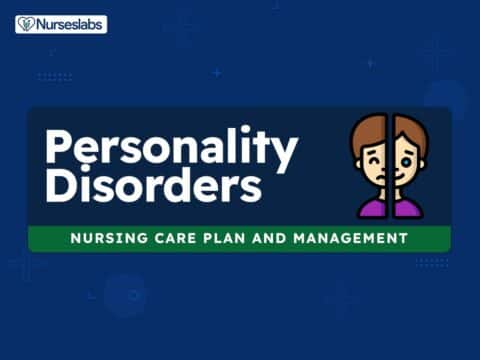
As a nurse, it is essential to understand the nursing diagnosis for personality disorders to provide effective care and support to these patients. In this article, we will discuss the nursing diagnosis for personality disorders in detail, including its definition, types, assessment, interventions, and management strategies.
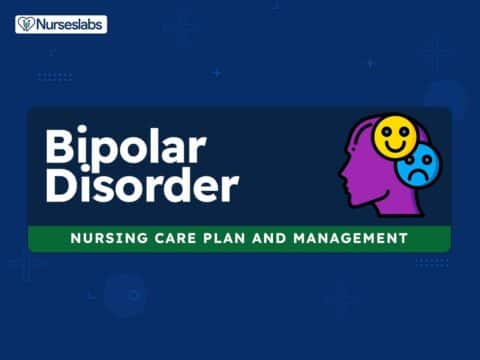 Bipolar Disorder Nursing Care Plans and Nursing Diagnosis" width="480" height="360" />
Bipolar Disorder Nursing Care Plans and Nursing Diagnosis" width="480" height="360" />
Learn about the essential nursing diagnosis for bipolar disorder. Explore effective strategies and nursing interventions to provide comprehensive nursing care plans for patients.

Alcohol withdrawal refers to symptoms that may occur when a person who has been drinking too much alcohol every day suddenly stops drinking alcohol. Here are 6 nursing care plans for Alcohol Withdrawal.
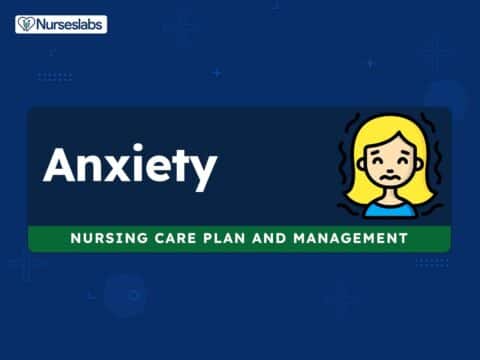
The following are nursing care plans for patients with anxiety and panic disorders.
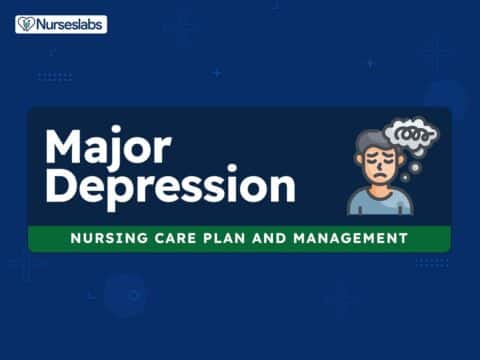
Included in this nursing care plan guide are nine (9) nursing diagnosis for major depression.
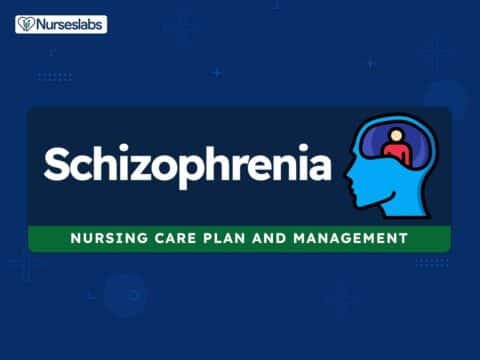
In this guide are nursing care plans for schizophrenia including six nursing diagnosis. Nursing care plan goals for schizophrenia involves recognizing schizophrenia, establishing trust and rapport, maximizing the level of functioning, assessing positive and negative symptoms, assessing medical history and evaluating support system.
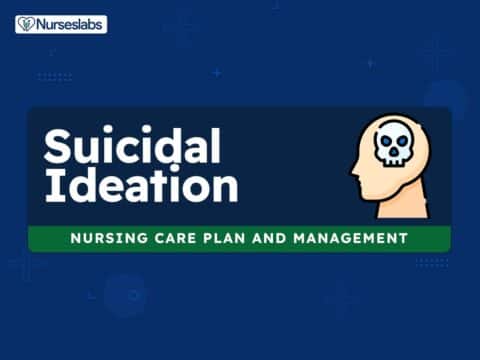
Learn about the care for patients with suicidal ideations in this care plan guide.

Substance abuse, or also known as drug abuse, is a disorder of continuum of phases incorporating a cluster of cognitive, behavioral, and physiological symptoms that include loss of control over use of the substance and a continued use of the substance despite adverse consequences.
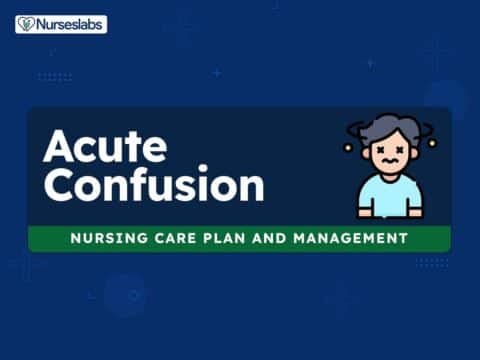
Nurses play a crucial role in the care of patients with confusion and altered mental status, and their nursing care plan should be individualized to the patient’s needs and circumstances.